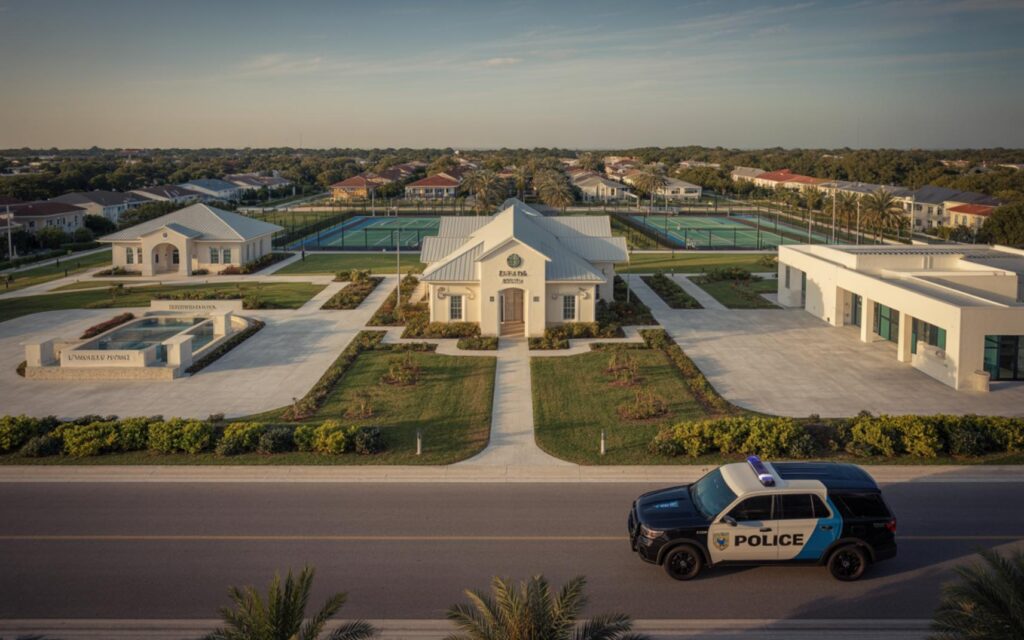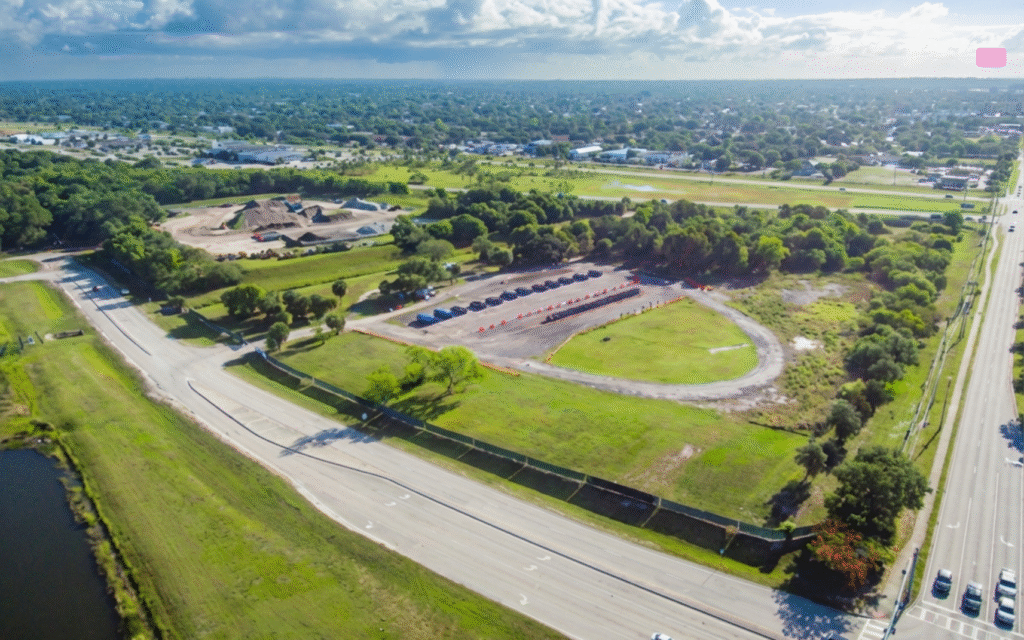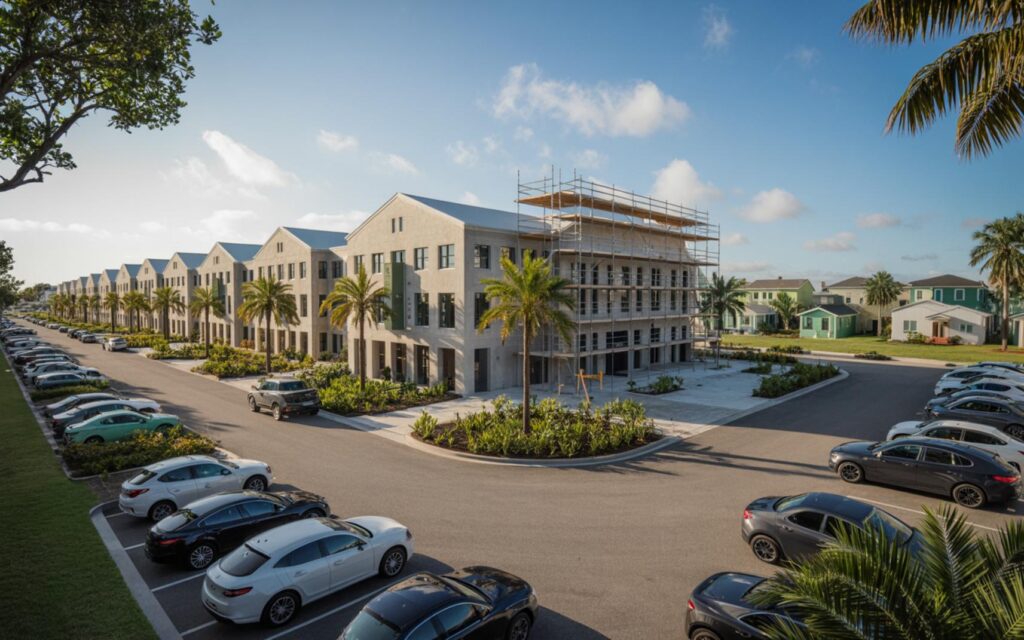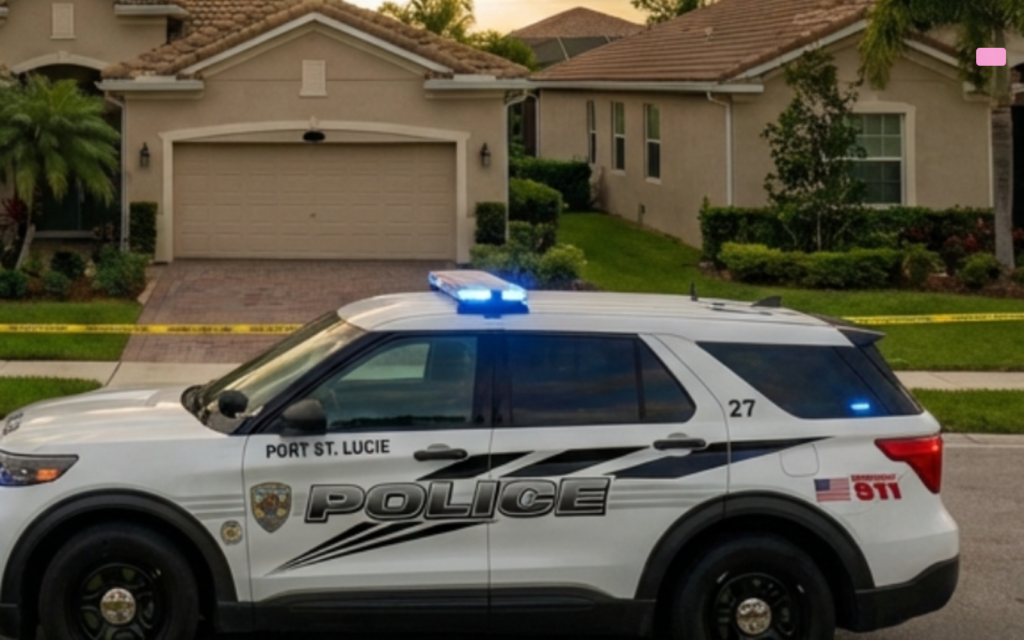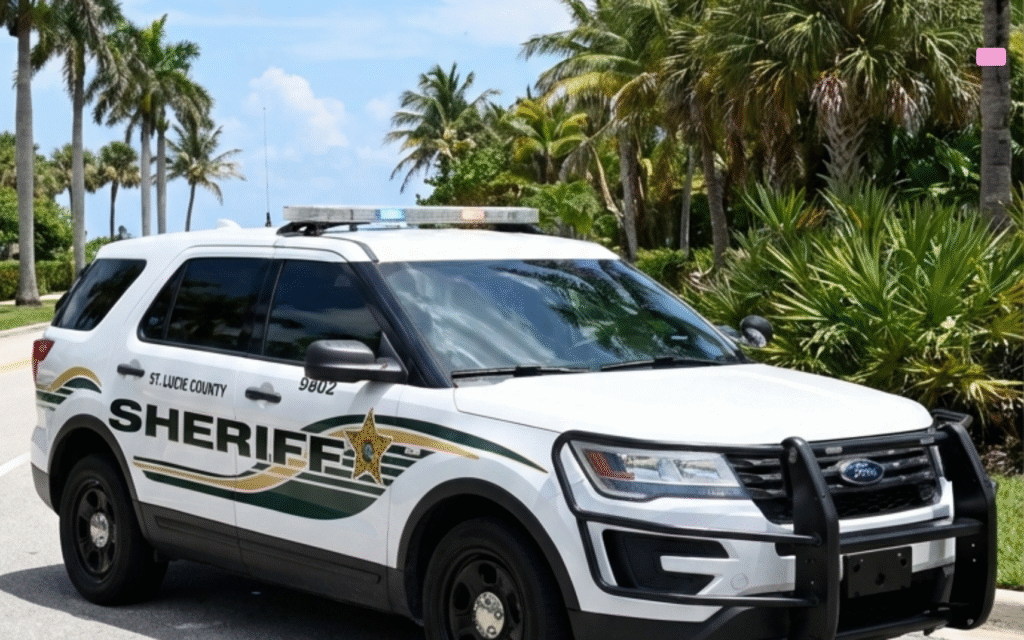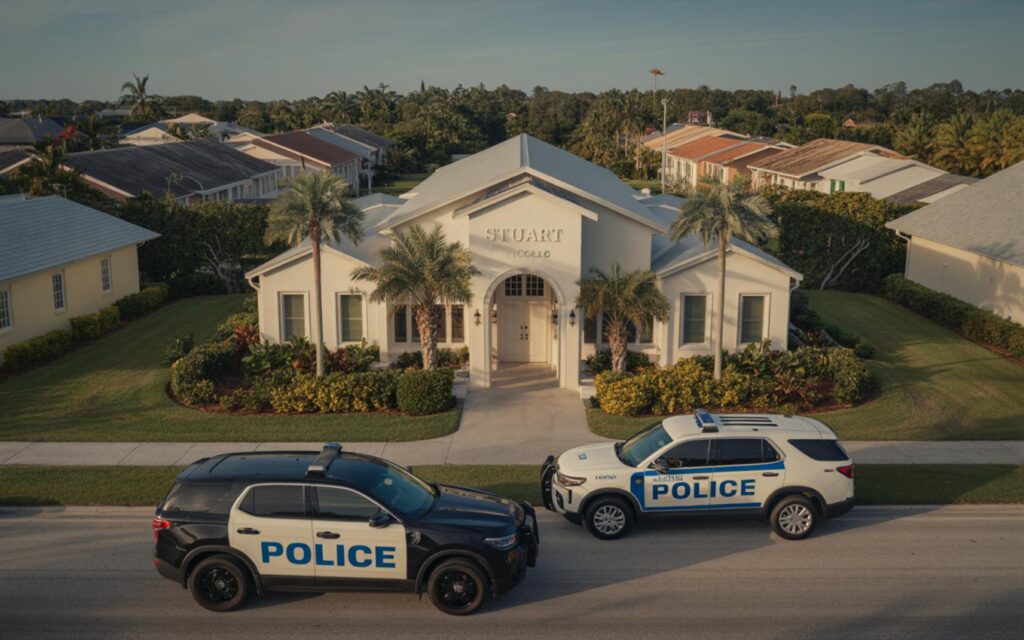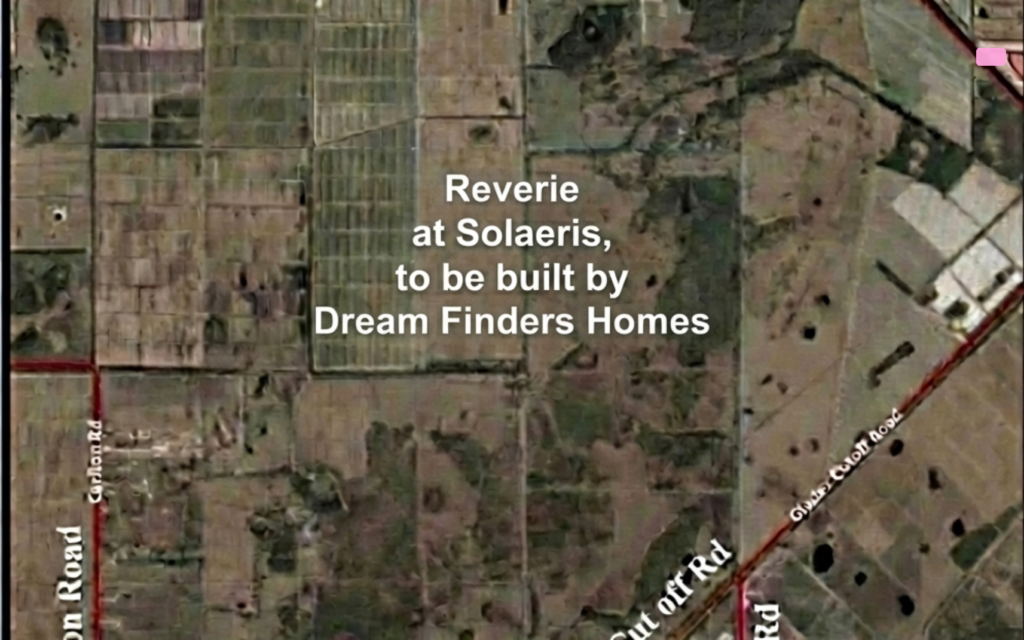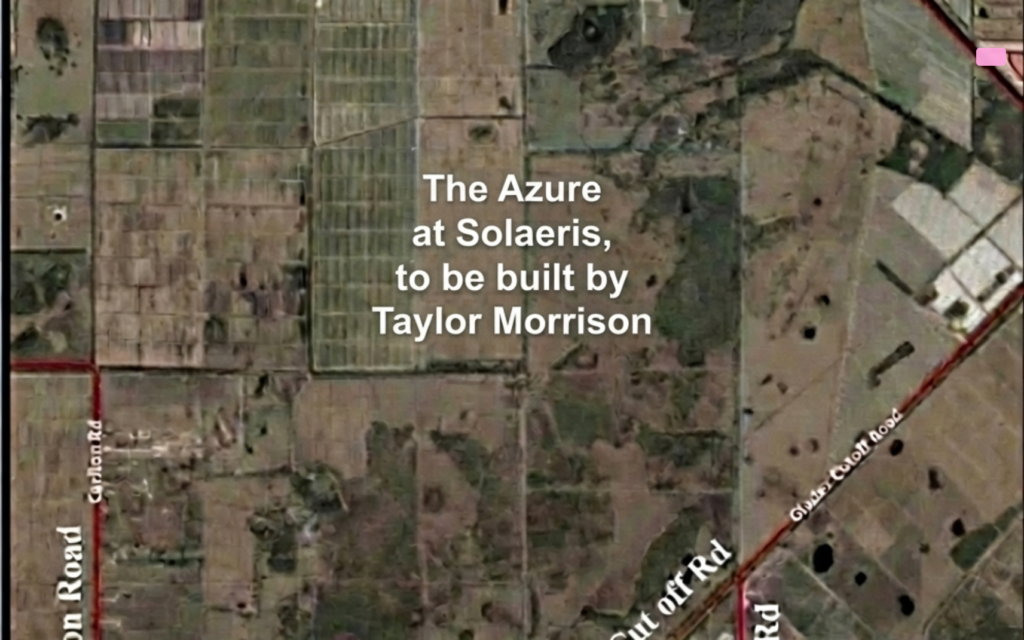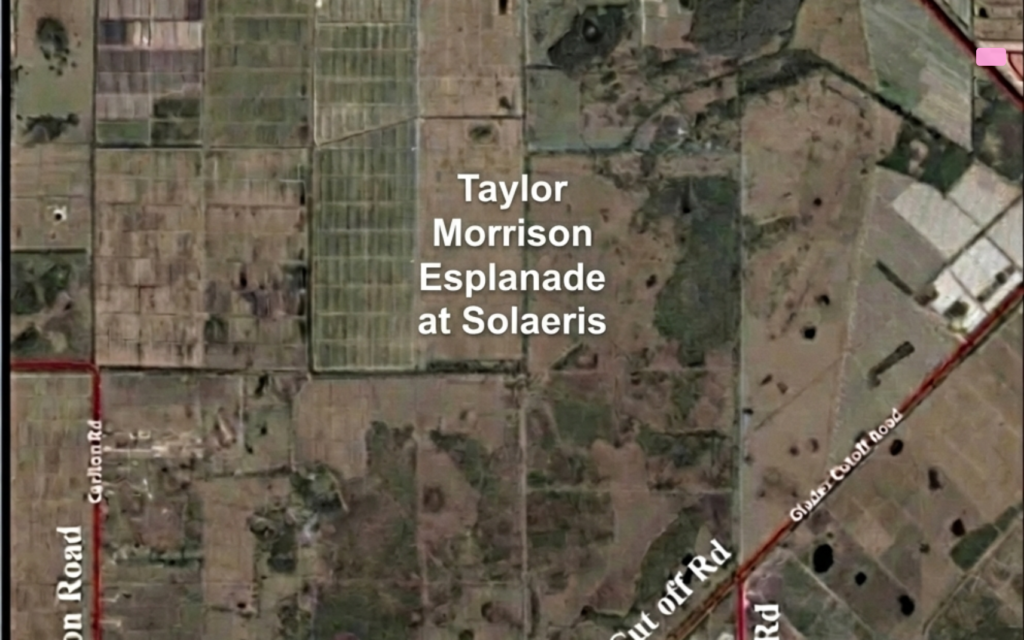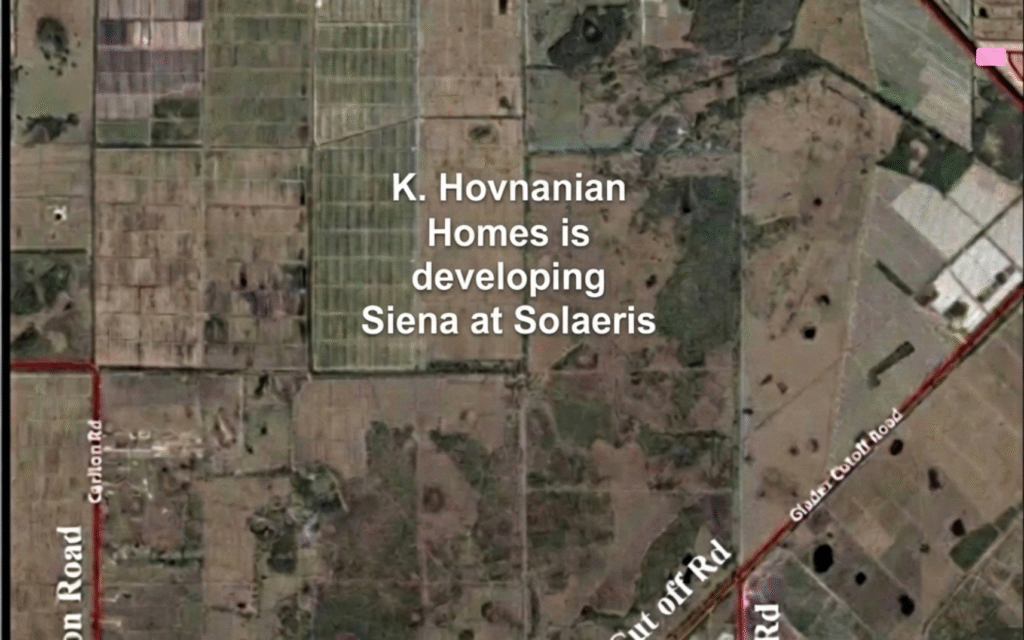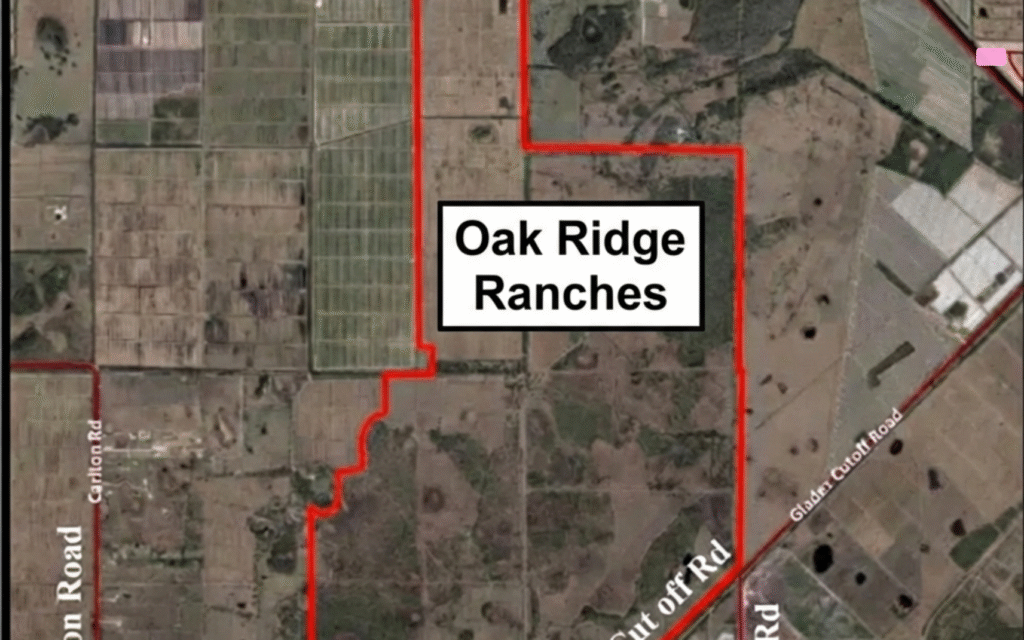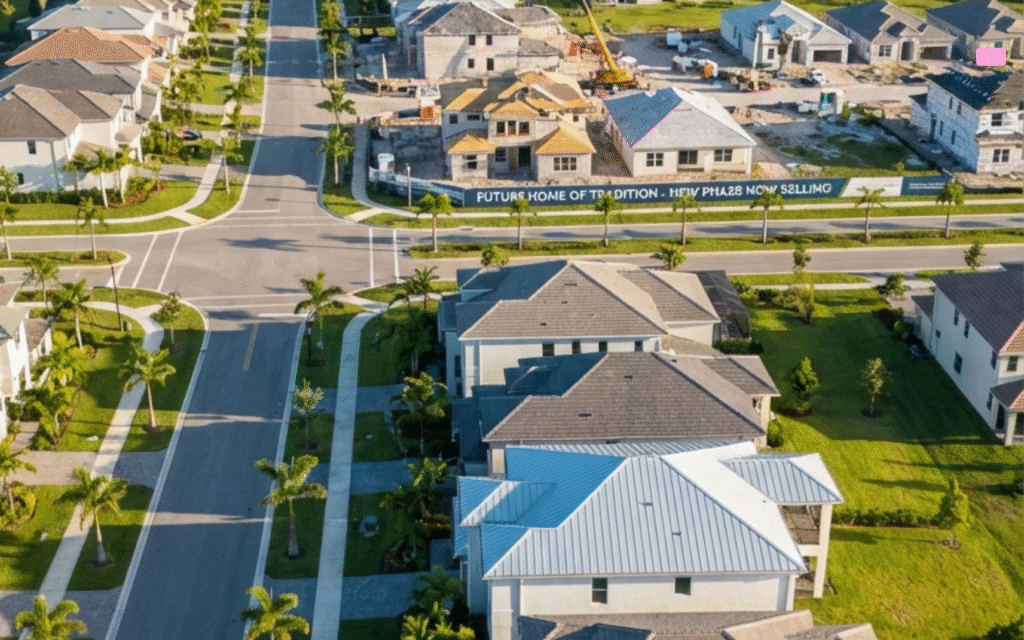The Boca Raton Government Campus Redevelopment is a proposed transformation of approximately 30 acres of public land near the Brightline station, with the main goal of modernizing city facilities and creating a dynamic mixed-use civic hub. The redevelopment plan, centered in Boca Raton, has become a focal point for public debate and city planning discussions.
Boca Raton Government Campus Redevelopment: Project Overview
The Boca Raton Government Campus Redevelopment aims to revitalize a key area near the Brightline station by introducing new public and private spaces. The plan includes updated government buildings, expanded community amenities, and new opportunities for residential and commercial development.
Key Features of the Redevelopment Plan
- New city hall and police substation
- Renovated Memorial Park
- Modern community center with tennis courts
- Multipurpose field and children’s museum
- Residential units, office space, and retail areas
The project is structured as a public-private partnership. According to city officials, a joint venture between two development firms was selected after a competitive process. The most recent proposal reduces the private development footprint to less than eight acres, focusing on existing paved areas and defunct buildings. No new private development is planned within Memorial Park, according to official sources.
Public-Private Partnership and Financial Projections
City officials report that the redevelopment is designed as a public-private partnership, which is increasingly common in large-scale urban projects. This structure is intended to leverage private investment while maintaining public oversight of key assets and amenities.
According to city documents, financial projections estimate gross revenues in the billions over a 99-year period. However, a full financial review by outside consultants is ongoing. Details may be updated as the review continues.
Focus on Connectivity and Mobility
A major goal of the redevelopment is to improve connectivity and mobility for both residents and visitors. The proximity to the Brightline station is seen as a strategic advantage, allowing for easier access to regional transportation and supporting Boca Raton’s position as a regional hub.
Public Input and Community Response
The Boca Raton Government Campus Redevelopment has generated significant public discussion. According to city officials, over 30 community meetings have been held, with ongoing opportunities for public input through open houses and council meetings.
Concerns Raised by Critics
- Potential loss of public land and open space
- Questions about the necessity of private partners given city cash reserves
- Concerns about increased building heights and density
- Calls for a public referendum on the project
- Requests for greater transparency and a slower decision-making process
Some residents and advocacy groups have called for the redevelopment to be put to a public vote, citing precedents for major city decisions. Skepticism about the pace and transparency of the process remains a point of discussion, according to local advocacy organizations.
Support for the Redevelopment
- Need to replace aging and outdated government facilities
- Opportunity to revitalize downtown Boca Raton
- Improved public services and new community amenities
- Potential to attract new residents and businesses
Supporters see the project as a chance to modernize the city’s infrastructure and provide updated spaces for both civic and community use. City officials emphasize the importance of balancing economic development with preservation of community character and green space.
City Council Approval and Next Steps
The Boca Raton City Council has unanimously approved moving forward with the selected development team. However, the final plan is expected to undergo further public input and may be subject to a citywide vote. City officials indicate that the process will continue to involve community feedback and formal reviews.
Broader Context: Urban Redevelopment Trends
The debate over the Boca Raton Government Campus Redevelopment reflects wider trends in urban redevelopment. Cities across Florida and the United States are increasingly using public-private partnerships to fund civic improvements. These efforts often raise questions about growth, public interest, and the preservation of open space.
Boca Raton’s strategic plan aims to modernize infrastructure, address population growth, and position the city as a regional hub. Balancing economic development with the preservation of green space remains a core challenge, according to city planning documents.
Frequently Asked Questions About Boca Raton Government Campus Redevelopment
What is the Boca Raton Government Campus Redevelopment?
The Boca Raton Government Campus Redevelopment is a proposed project to modernize city facilities and create a mixed-use civic hub on about 30 acres near the Brightline station. It includes new government buildings, community amenities, and private development focused on existing paved areas.
How much public land will be used for private development?
According to city officials, the most recent proposal limits private development to less than eight acres, focusing on areas with existing pavement or unused buildings. No new private development is planned within Memorial Park.
Are there opportunities for public input on the redevelopment?
Yes, city officials report that more than 30 community meetings have been held, and ongoing opportunities for public input continue through open houses and council meetings. The final plan may also be subject to a citywide vote.
Can you explain why a public-private partnership is being used?
The city is using a public-private partnership to combine private investment with public oversight. This approach is meant to help fund the project while ensuring that public interests are protected.
Where are the new facilities and amenities planned to be located?
The new city hall, police substation, community center, and other amenities are planned for the area near the Brightline station in Boca Raton. The redevelopment will focus on modernizing existing public land and facilities.

